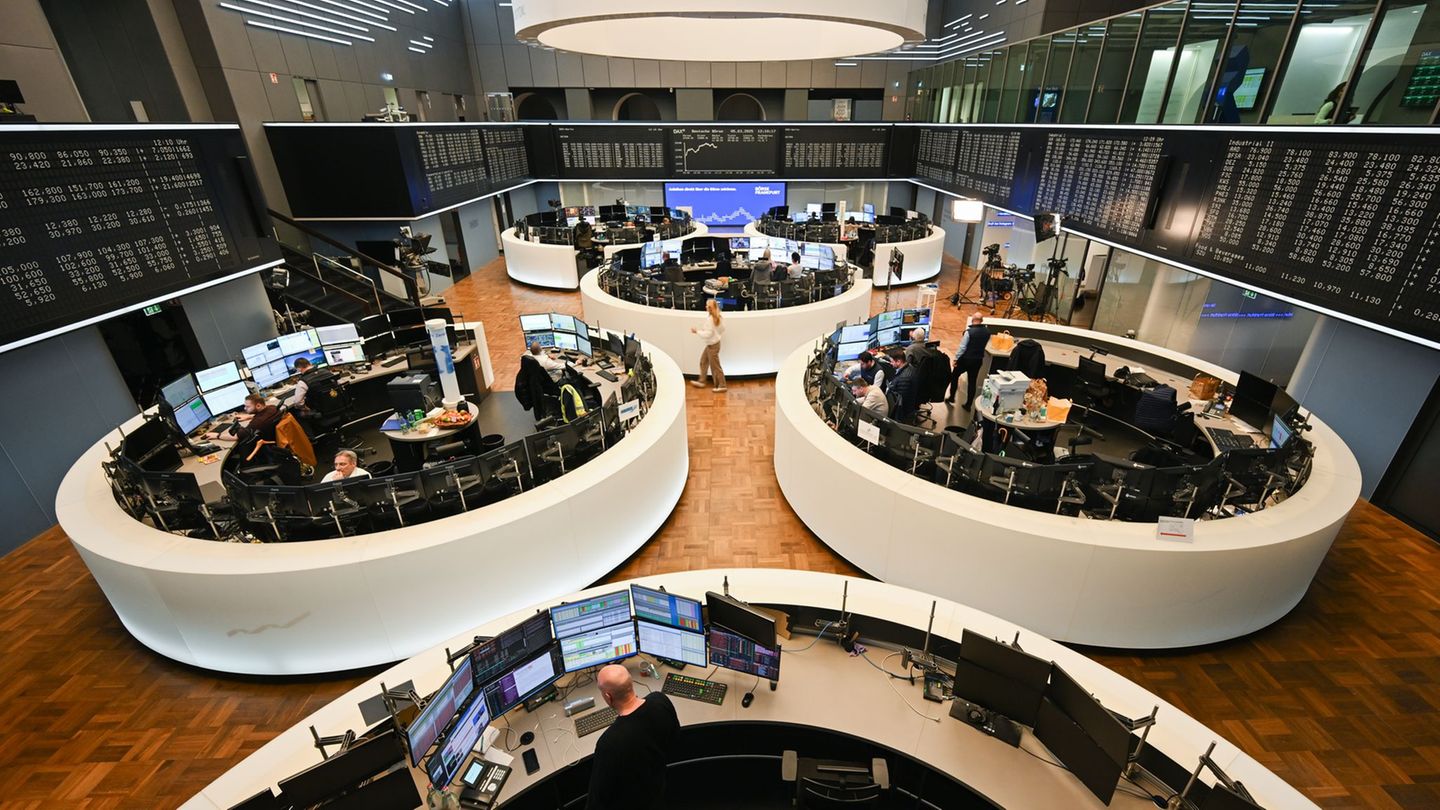Sergio Massa and the Secretary of Knowledge Economy, Juan Manuel Cheppithey launched the 4th call of the Regime for the Promotion of the Development and Production of Modern Biotechnology and Nanotechnology, an initiative that will allocate a total of $700 million for research projects, development, production of goods and services, and improvement of processes and products in the bionanotechnological sector.
“The bio and nanotechnology sector, investment in research and tax benefits for the private sector that invests in research are essential. Argentina has to become an exporter with a lot of added value, a lot of added value with research, because it is also exporting the talent of our people and make our economy strong,” Massa expressed.
Likewise, the Minister added: “We have the firm decision, as when we approved the law back in July of last year, to promote this sector to transform it into a key player in our economy and in the development of Argentina and of Argentines.”
“State Policy”
For his part, the Minister of Science and Technology, Daniel Filmusrecalled that “in this same place in 2005 we signed with the Minister of that time, Roberto Lavagna, the President at that time, Néstor Kirchner, and the Chief of Staff, Alberto Fernández, the modern biotechnology bill that was the beginning of this virtuous process. That bill was not approved and in 2007 the radicalismo presented another bill and we advanced with the deputy Zimmermann”.
In this sense, he emphasized: “The Regime for the Promotion of Bio and Nanotechnology is an example that when there is a State policy that is not tied to electoral calendars, but rather has a look at how this industry needs, in the medium and long term, it really has positive effects” .
Filmus Massa.jpg
In turn, Secretary Cheppi assured that “biotechnology has a very federal characteristic, biotechnology is close to production, it is in laboratories and universities in the interior of the country, and that is a value to be considered because We are convinced that Argentina has a long way to go”.
“As was the Software Law and today the Knowledge Economy Law, the Bio and Nanotechnology Law marks the course of a State policy so that this sector grows and is a source of foreign exchange income and growth”, graphic.
Through resolution No. 348/23 published by the Official Gazette, this 2023 edition is intended for individuals, MiPyMEs or consolidated biotechnological and/or nanotechnological companies from all over the country that may receive tax benefits such as accelerated amortization in income tax. the profits for the capital goods declared in the project, advance refund of VAT, on the capital goods acquired through the project and a tax credit bonus of fifty percent (50%) of the expenses for hiring research services and development. Likewise, the tax benefits for investments made in capital goods for R&D projects and production of goods and/or services allow a 43% recovery of the investment made by the private sector.
Industry data
Through the promulgation of Law 27,685 that extends the benefits of Law No. 26,270 until December 31, 2034 and expands its universe to include Nanotechnology, the National Government seeks to promote innovative industries that apply this knowledge to their products. taking into account the constant growth, the impact of the sector and its complementarity with the new technologies that make up the knowledge economy.
Since the original law was enacted (2007), Three calls were opened to date (2019-2020-2021), through which tax benefits of $590 million were granted to different companies that developed dynamic projects, motivating the generation of quality jobs for Argentines and generating income for the national economy.
In Argentina there are more than 200 biotechnology companies and 77 local nanotechnology companies. Together they generate more than 30,000 formal jobs, of which more than 1,130 correspond to the R&D sector. Globally, domestic biotech companies generate US$2.1 billion in sales a year; while the nanotechnological ones, which will enter the regime, have the possibility of competing in a market that exceeds US$75,000 million.
Advancing in the development of these sectors is strategic to strengthen the national scientific, technological and academic system and to generate greater investments, exports and highly paid quality jobs throughout the local production chain.
Source: Ambito




